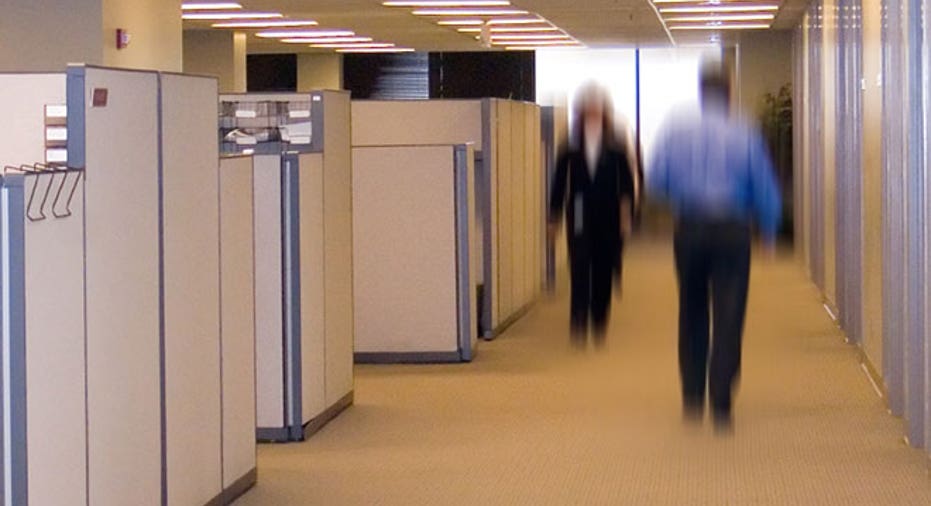Why We Don't Need Lunch Police

We’ve all had hectic workdays filled with deadlines, meetings and presentations that force us to work through our lunch breaks in order to get everything done on time. But there’s nothing illegal about that, right?
No , according to California’s Supreme Court.
The court ruled last week that employers are not obligated to enforce that employees take legally- mandated lunch breaks. In an unanimous opinion, the court ruled that requiring companies to order breaks is unmanageable, and employees should be able to decide what to do with their break time.
“The employer is not obligated to police meal breaks and ensure no work thereafter is performed,” wrote Associate Justice Kathryn Werdegar in the opinion. In other words, employers don’t have to set-up their own lunch police.
There have been mixed reactions to the ruling. During these cash-strapped times, does anyone really think that small businesses in this country have the time, resources, and willingness to stand over their employees to make sure they actually eat their lunch during mandated lunch breaks?
I think that the California Supreme Court made the right decision on this case, but the fact that the issue even made it to the high court should be of concern to both employees and employers. There are dangers to local and state governments going too far in legislating how businesses manage their people and operate in our open capitalist system. Some things to consider:
Life isn’t always routine: We are all on different schedules and have different needs. Some people are snackers, some like skipping lunch, while others religiously eat at the cafeteria at the same time every day. If a company wants happy people, it should let them eat when they want and need to.
I doubt you’ll find a company that wants to starve its employees, and the government shouldn’t tell employees when to eat and it shouldn’t force companies to track how and when workers eat.
The business of life doesn’t have a schedule: Sometimes employees need their break times to take care of life issues like calling to check on a sick child at school or running a quick errand. We don’t want a corporate cop standing in the way of workers dealing with everyday life issues.
Let the market decide: Employees have options when it comes to dealing with both real and perceived workplace unfairness. If people aren’t happy with the way their employer operates they can complain to the human resources department (or in some companies to an ombudsman), go to their union, file suit, go on strike, or just leave. Given all of these options, additional legislation seems excessive.
When companies have happy workers, they have engaged workers, which means they have safe and productive workers. Legislating rules to govern how workplaces operate stifles freedom and creativity. If companies don’t take care of their people they won’t produce and the company will ultimately fail. The government doesn’t need interfere.
Michael “Dr. Woody” Woodward, PhD is a CEC certified executive coach trained in organizational psychology. Dr. Woody is author of The YOU Plan: A 5-step Guide to Taking Charge of Your Career in the New Economy and is the founder of Human Capital Integrated (HCI), a firm focused on management and leadership development. Dr. Woody also sits on the advisory board of the Florida International University Center for Leadership.Follow Dr. Woody on Twitter and Facebook



















